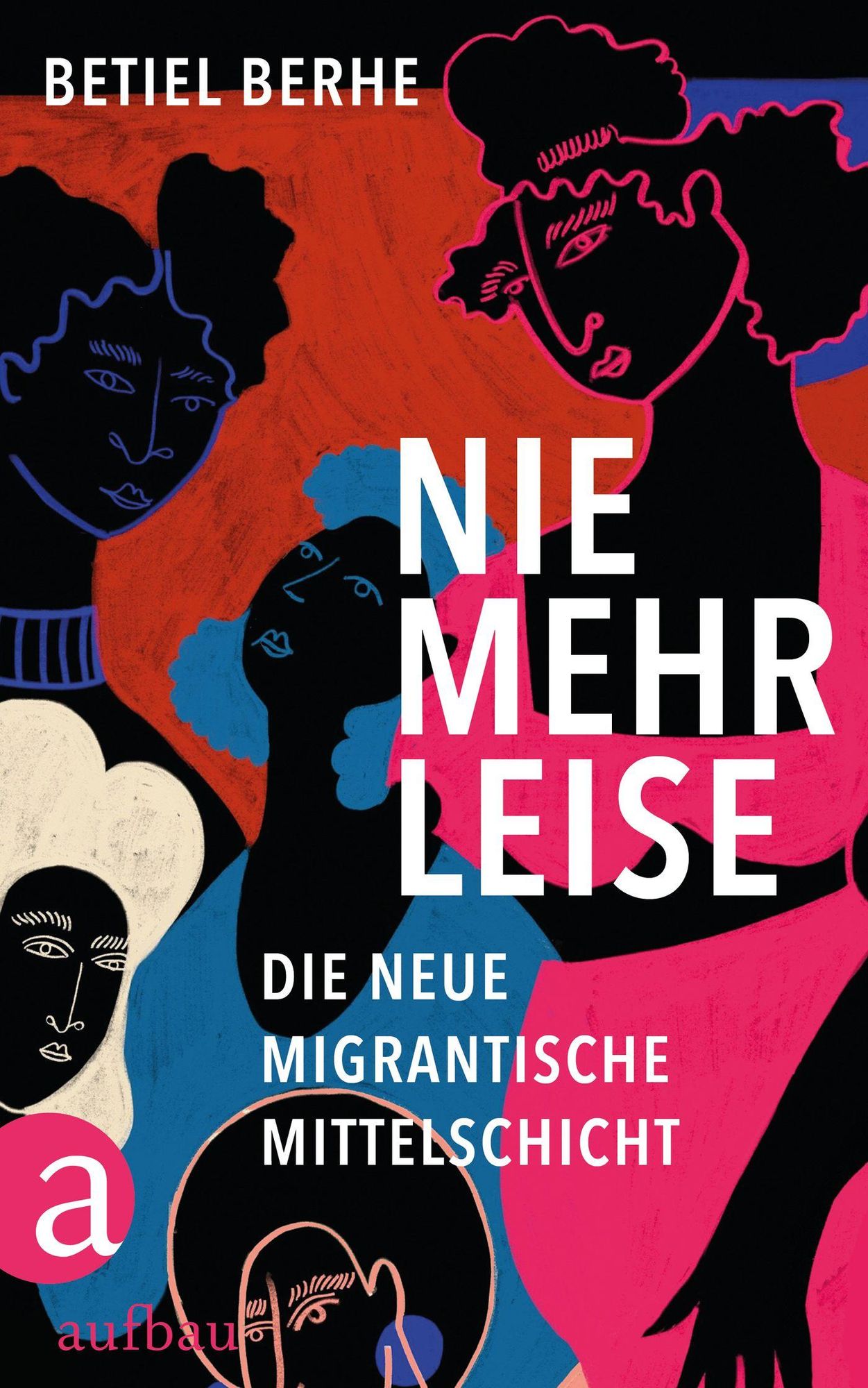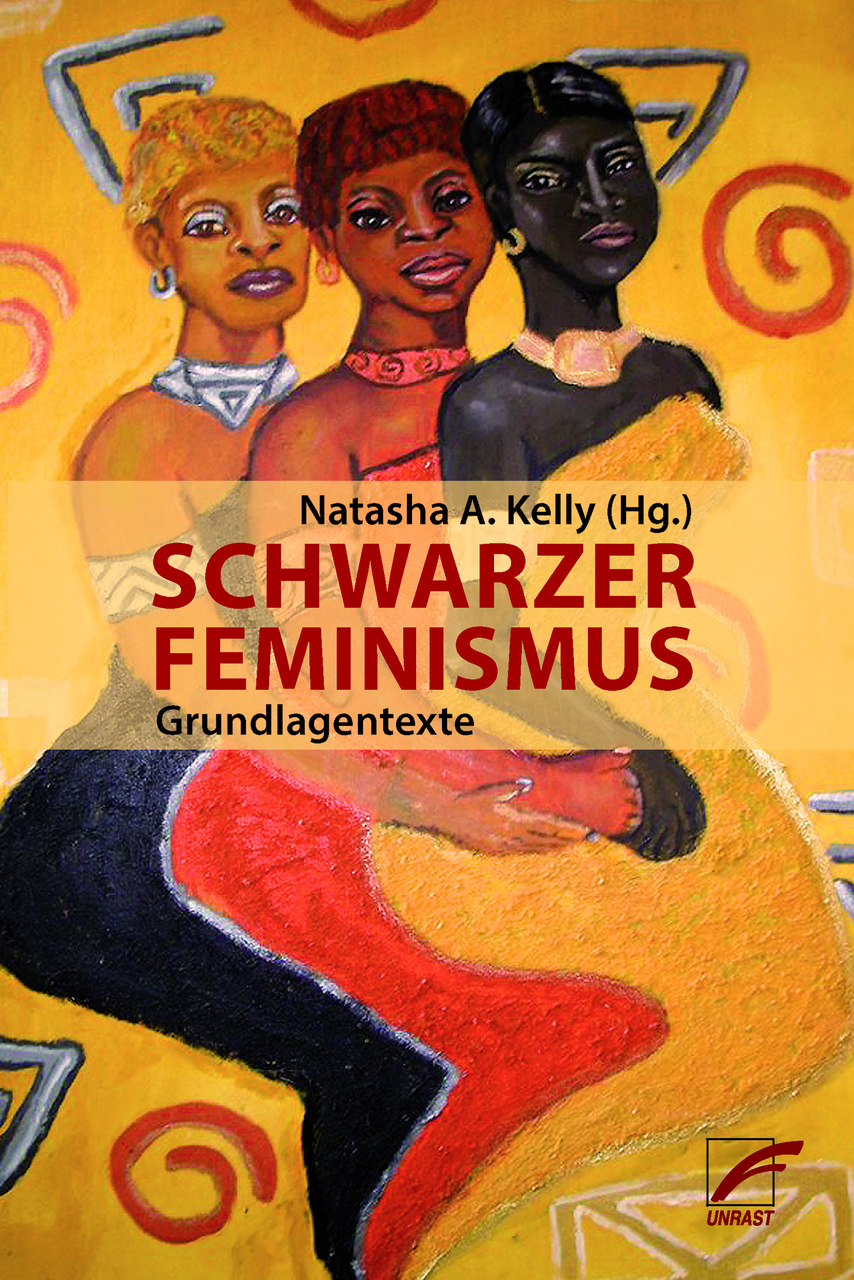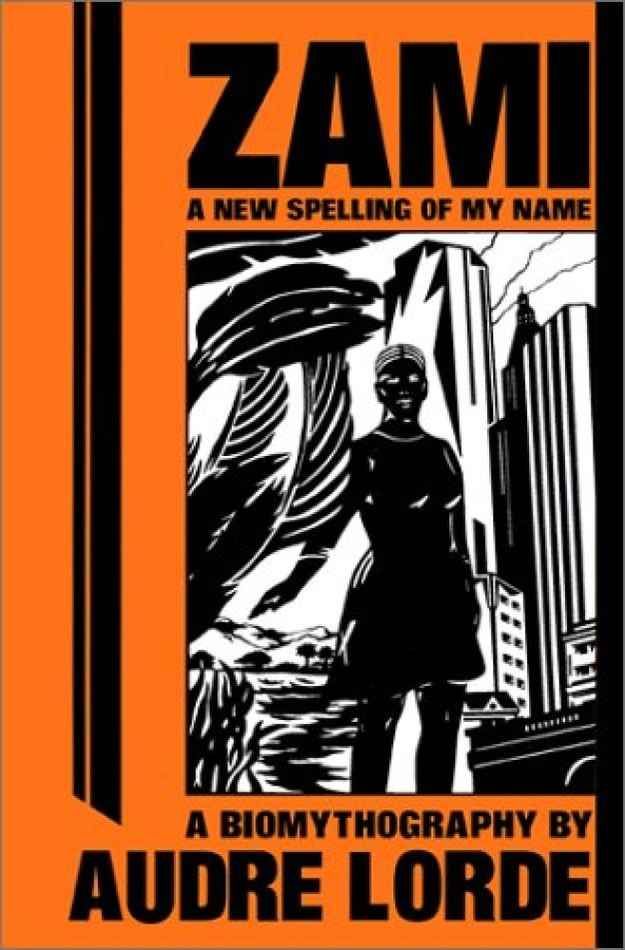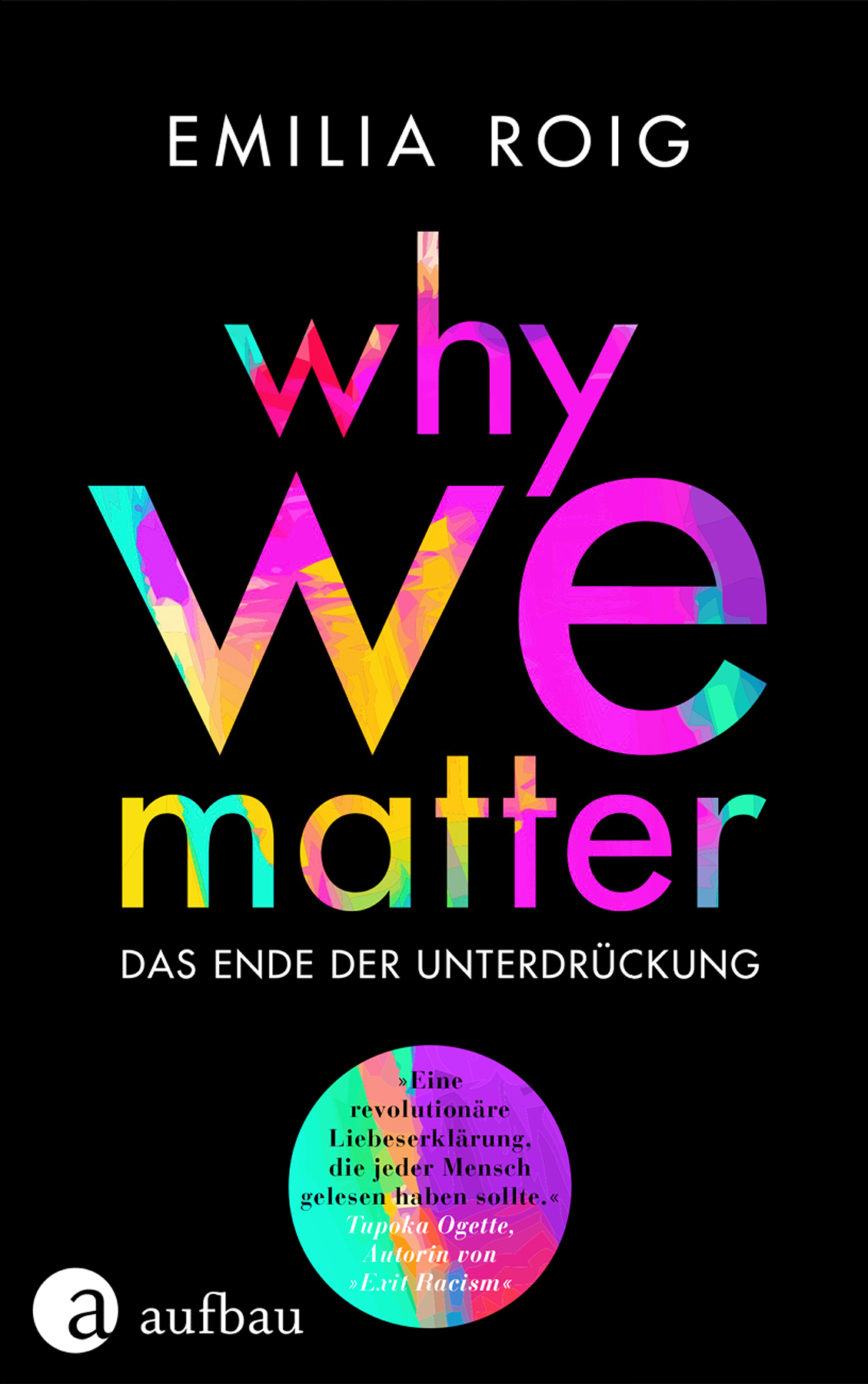Roig begins her book with her personal story, tells of her wedding, marriage and divorce, and also explains right at the start the origins of a collective-social longing for marriage, before she then focuses on the individual aspects of marriage and heteronormative relationships.
more...
Betiel Berhe explores and explains how closely related the dimensions of race and class are, by way of her own biography and various events of recent years.
more...
Unrast Verlag published Schwarzer Feminismus: Grundlagentexte, a collection of contributions by Black feminists under the editorship of Natasha A. Kelly, in 2019. The book traces the development of the concept of intersectionality, which has increasingly become the focus of feminist debates in Germany in recent years.
more...
Judith Coffey and Vivien Laumann critique that antisemitism and Jewish perspectives have thus far often been elided in intersectional debates. At the end of 2021, they published their book Gojnormativität (Goynormativity) to make Jewish positions more speakable and visible. We had the privilege of talking to Judith Coffey about the book.
more...
In her book, Hadija Haruna-Oelker thinks conscientiously and mindfully about all possible facets of social differentiation. She seeks thus to demonstrate how respectful interaction can be practiced.
more...
Audre Lorde’s biomythography Zami: A New Spelling of My Name relates this iconic writer’s personal, poetic, political and sexual coming-of-age. Lorde was a self-described “Black, lesbian, mother, warrior, poet” and this recording of her early life is a powerful piece of writing. The book is a must-read for anyone interested in the lived experiences of intersectional marginalisation, as told by one of the most strident and talented voices to talk about these realities.
more...
Her book Why We Matter: The End of Oppression brings together Emilia Roig’s far-ranging body of knowledge. Moving at a rapid pace, the book takes a look at the multiple facets of oppression in nearly all areas of life. Why We Matter can thus be read as a wonderfully accessible introduction to the concept of intersectionality.
more...
This essay is the last in a four-part series on Afropolitanism and literature. SchwarzRund’s intervention in the Afropolitan literary market thus stands out not only because of the setting and language of the novel, but also because of its evidently intersectional approach.
more...








